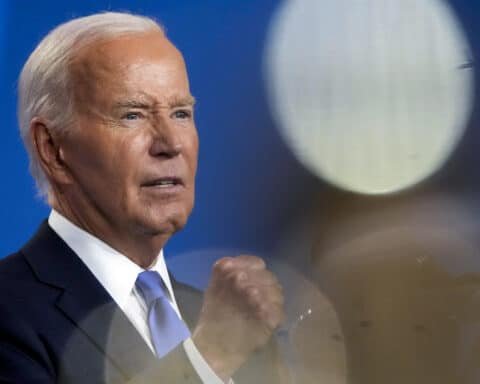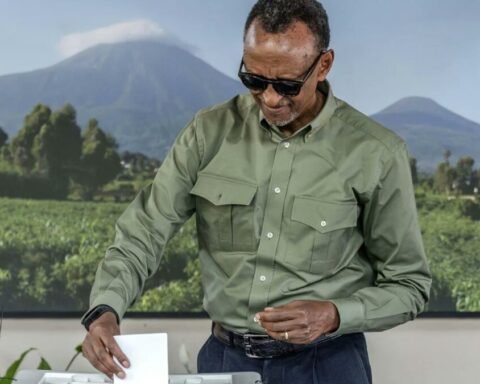Parliamentary and civic rights watchdog, Veritas, is seeking a High Court order to strike down provisions of the Electoral Act which prevent civil society groups, churches, independent candidates and other people from conducting voter education.
It claims the provisions are so restrictive they violate citizens’ constitutional rights to freedom of expression and equality by granting the Zimbabwe Electoral Commission (ZEC) a virtual monopoly over voter education.
Under the provisions, only ZEC and political parties can conduct voter education, while civic organizations and even individuals cannot conduct any voter education programmes without first submitting them to an arduous and restrictive application process supervised by ZEC. The provisions also prohibit the use of foreign donations for voter education which includes donations from Zimbabweans living in the diaspora.
In a High Court application due to be heard before Justice Tagu in Harare at 10am on Monday, June 18th, Veritas names ZEC, the Minister of Justice and the Attorney-General as the three respondents to the case. ZEC has opposed Veritas’ application on a variety of technicalities. The Minister initially did not oppose the application which was filed in December last year but after Justice Munangati-Munongwa ruled last week that the matter should be heard on an urgent basis, the Minister filed opposing papers.
In its founding affidavit, Veritas claims that sections 40C(1) (g) and 40C(2) of the Electoral Act requires prior approval of all voter education programmes and materials from ZEC, are so restrictive they violate citizens constitutional rights to freely receive and impart information and ideas, as well as their rights to equality and their rights to make free and informed political choices. Veritas is also challenging the constitutionality of section 40C(1)(h) which states the voter education must be solely funded by local donations.
Originally, Veritas also objected to section 40F of the Electoral Act, which required that all foreign funding for voter education be channelled through ZEC. However, this challenge falls away because the Electoral Amendment Bill that recently passed through Parliament was amended to repeal section 40F after Veritas had filed its court papers.
Veritas states that its application has the support of other civil rights groups, whose rights are similarly affected by the requirement for “prior approval” by ZEC of all voter education programmes and materials.
“These provisions are so restrictive as to provide a virtual monopoly over freedom of expression in the area of voter education and create an unjustifiable prior restraint over applicant’s exercise of its rights,” reads part of Veritas’ founding affidavit.
In its opposing affidavit, ZEC challenges the application on the technicality that Veritas’ director, Valerie Ingham-Thorpe, who signed the Trust’s founding affidavit, did not have the legal authority to represent the Trust. Veritas rebutted this challenge by producing a board resolution confirming Ingham-Thorpe’s authority to represent the Trust. ZEC also argues that Veritas itself did not have the required “legal persona” to bring the application.
In challenging the Veritas application on its merits, ZEC argues that under the Constitution it is an independent commission mandated to supervise and manage all aspects of elections, including voter education. It states that the Constitution provides that “it is not subject to the direction or control of anyone”, and that no person may interfere with its operations.
ZEC also argues that it is constitutionally mandated to ensure the efficiency, freeness and fairness of all elections, including voter education, but cannot meet this requirement without the provisions contained in the disputed regulations. In addition, it argues that if any alleged voter education monopoly is deemed to exist, “one would have to accept that it appears to be a constitutionally sanctioned one”.
South Africa-based Advocate Mafukidze, briefed by Douglas Coltart of Mtetwa & Nyambirai Associates, will be arguing the case for Veritas








